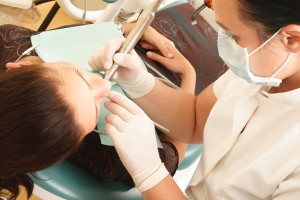 There are many ways to structure the business side of a dental practice, all of which are designed to best position the stakeholders for long-term profitability. This includes minimizing the tax burden of the company, as well as the individuals in leadership roles. A dental CPA from Reliance Consulting, LLC, can help the owner (or owners) of a new dental practice determine what might be the best tax structure, as well as define unfamiliar accounting terms related to tax structure, such as “disregarded entity.”
There are many ways to structure the business side of a dental practice, all of which are designed to best position the stakeholders for long-term profitability. This includes minimizing the tax burden of the company, as well as the individuals in leadership roles. A dental CPA from Reliance Consulting, LLC, can help the owner (or owners) of a new dental practice determine what might be the best tax structure, as well as define unfamiliar accounting terms related to tax structure, such as “disregarded entity.”
In most cases, the IRS considers a limited liability corporation (LLC) owned and operated by one person a sole proprietorship for tax structure purposes. In these cases, the LLC is considered a “disregarded entity,” because the business is disregarded as being separate from its owner (in most cases of a small dental practice, the dentist-owner). The difference for a dental practice is that in a single-person disregarded entity, the owner is subject to self-employment tax. Even the smallest dental practices have employees, of course, so the IRS treats the business as a separate entity for purposes of employment taxes.
There are many more facets to the business structure of a dental practice, and a dental CPA from Reliance can answer all of your questions. If you are the owner of a new dental practice, or an existing practice looking to expand, contact Reliance for advice on helping your practice grow into profitability.












